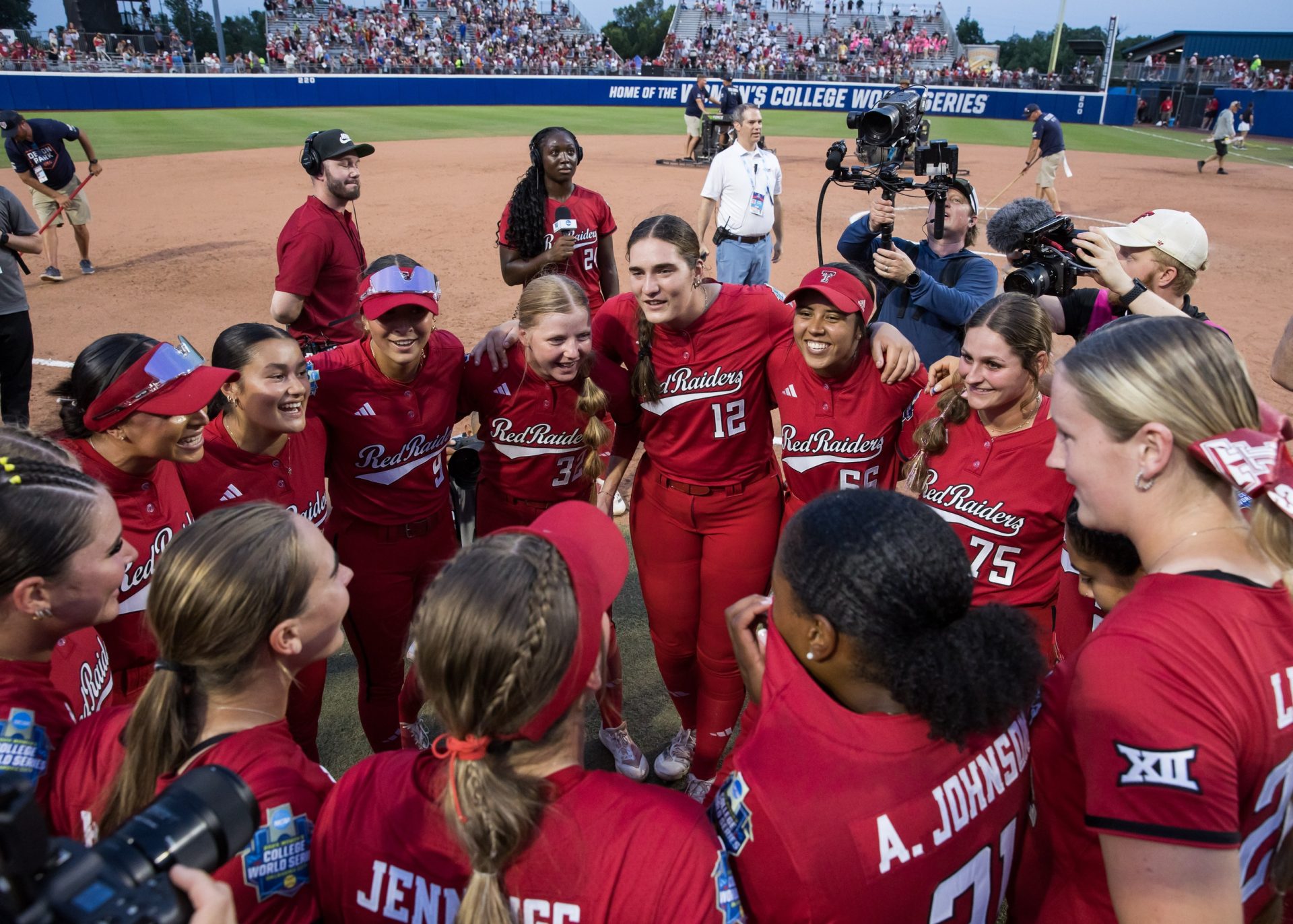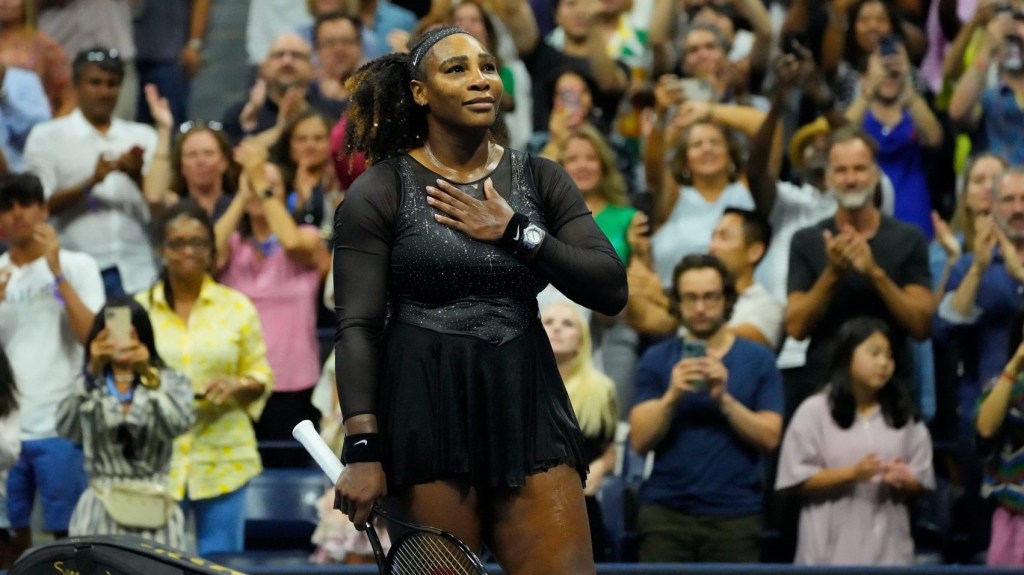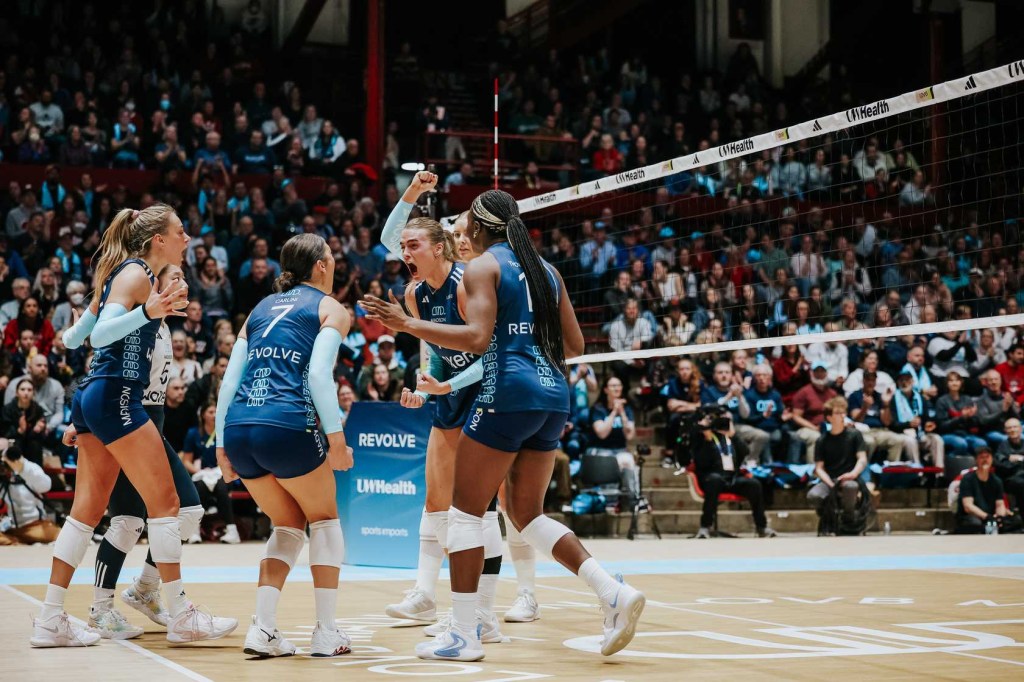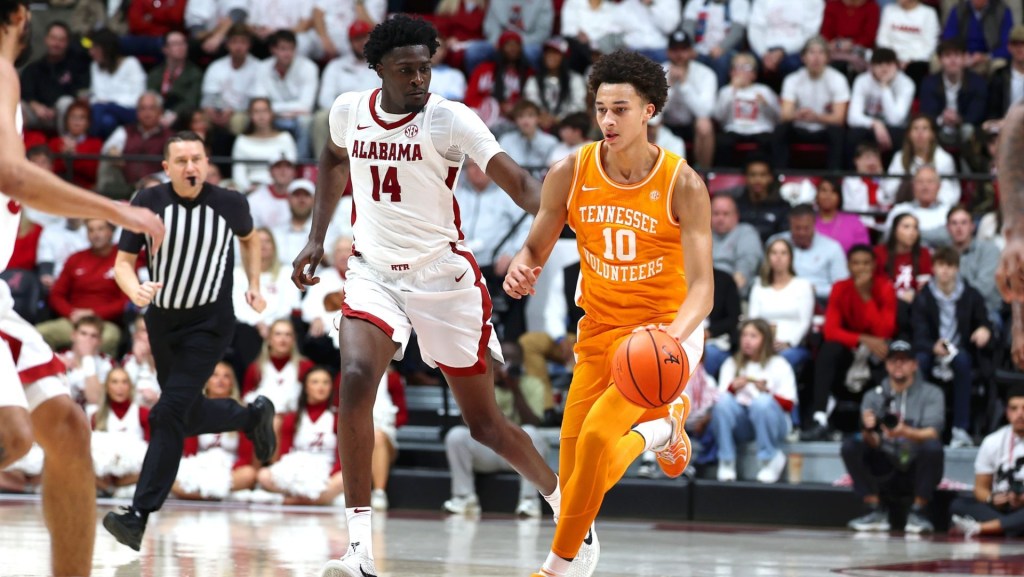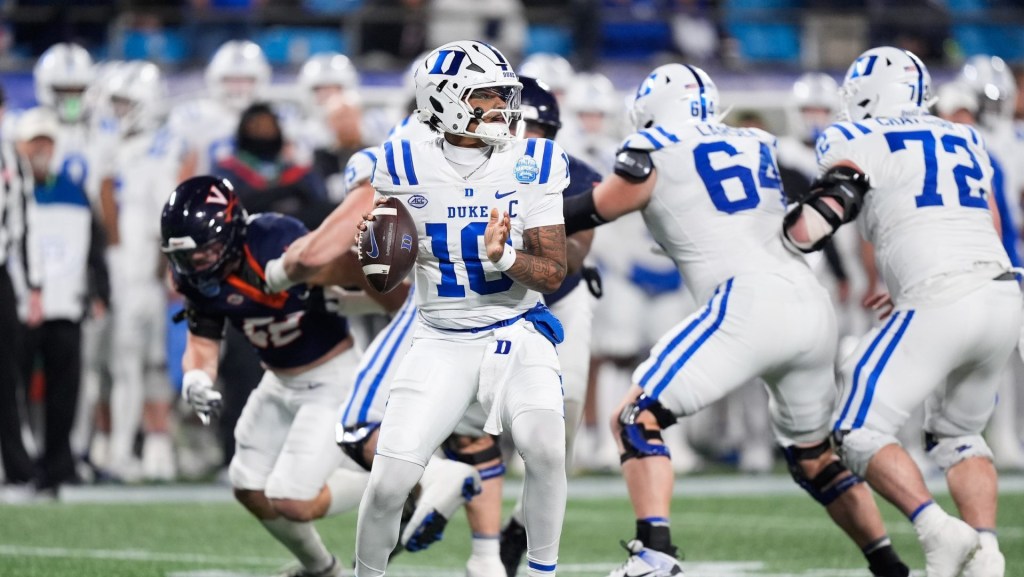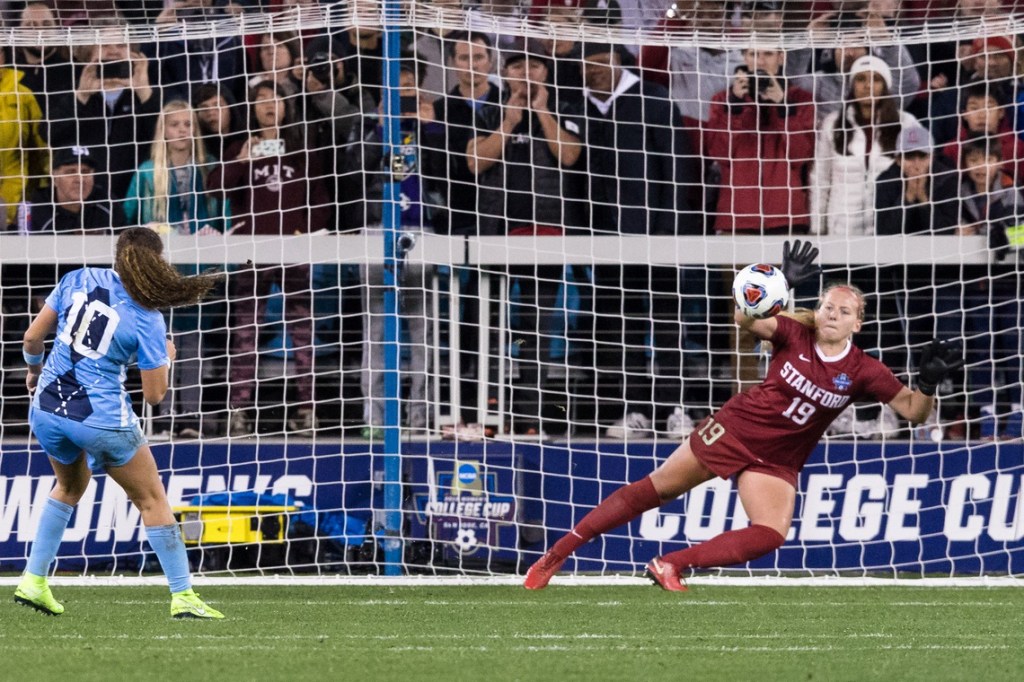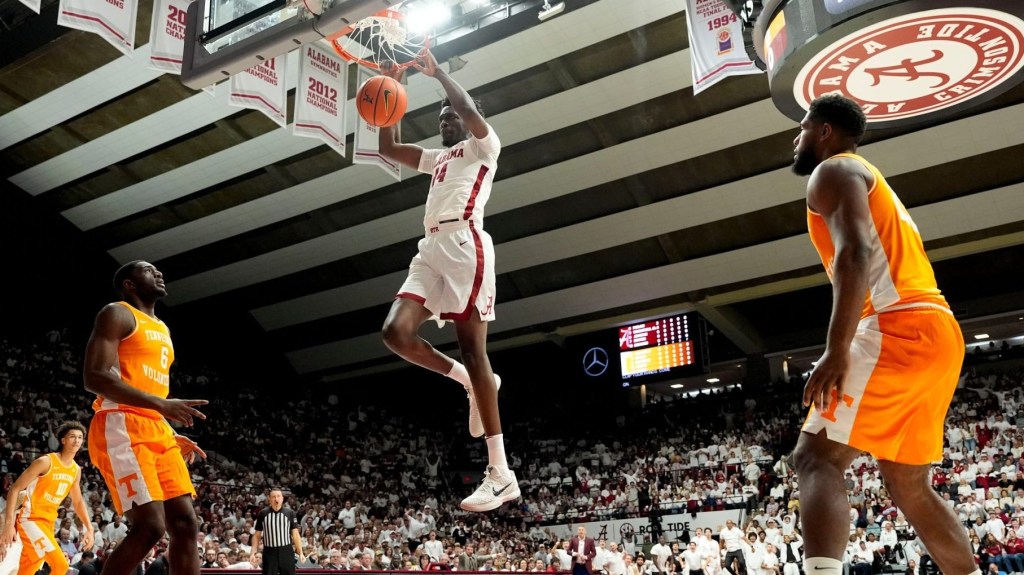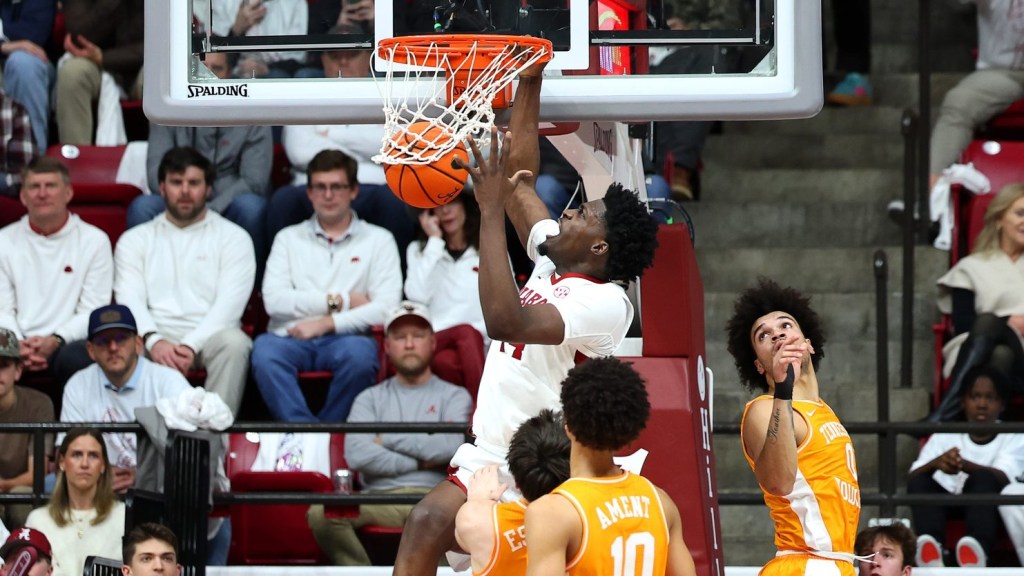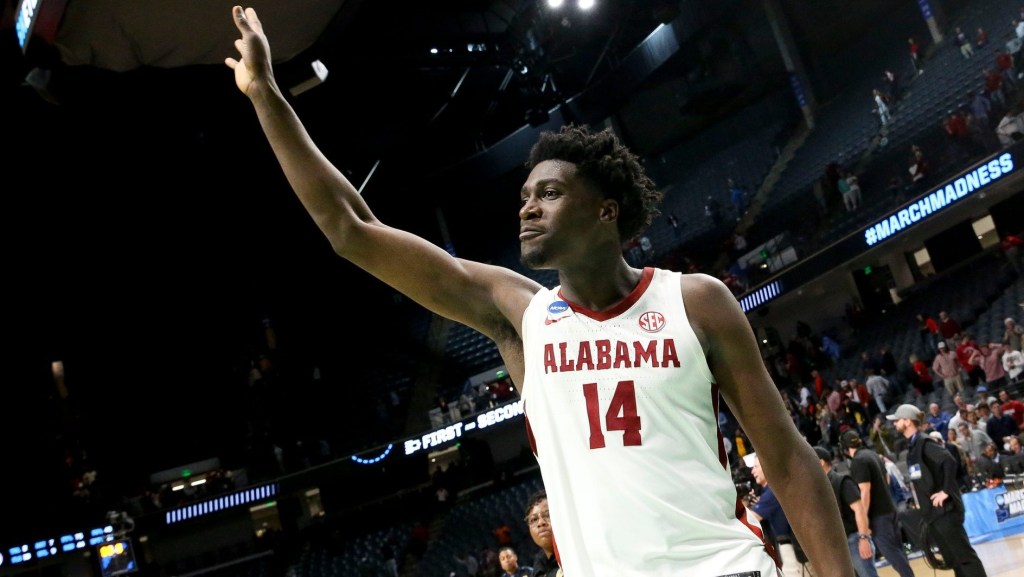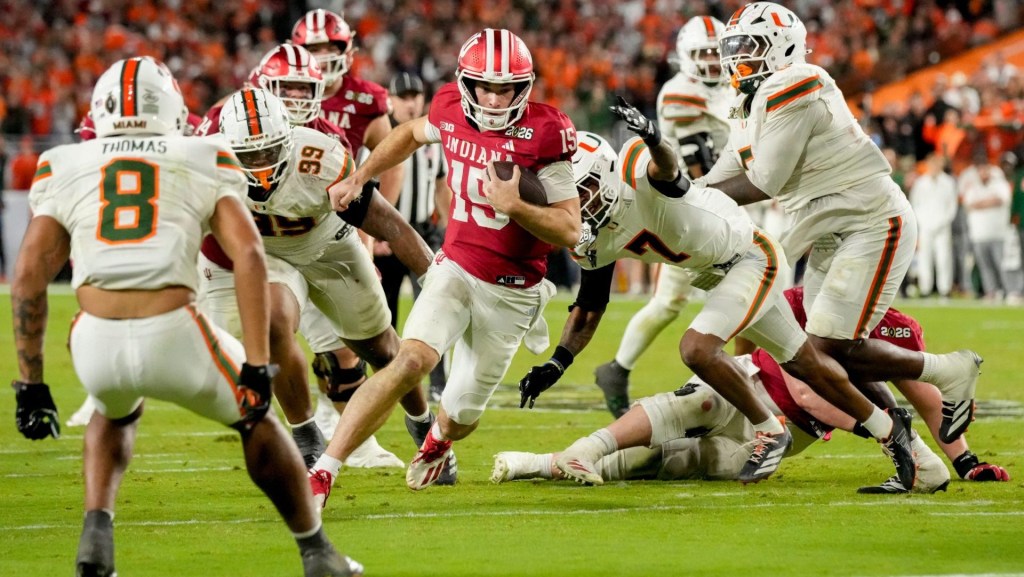On Monday night, Texas Tech athletic director Kirby Hocutt was standing on the field at Devon Park in Oklahoma City. As the Red Raiders ended the Oklahoma Sooners dynasty, securing their first-ever softball national championship berth, Hocutt was chatting with the two boosters who helped make it happen: John and Tracy Sellers, who had helped bring in star pitcher NiJaree Canady, as well as a star-studded roster under new head coach Gerry Glasco.
“I looked down the left field line, and there’s our softball team at the fence, signing thousands of softballs,” Hocutt tells Front Office Sports. “The group of young children that were waiting, and especially the young girls that were waiting in line to get their signatures, was just incredible.”
The moment illustrated all the reasons it was worth it to invest more than a million dollars in just Canady—let alone an entire roster: The program had reached new heights at a time when the sport has never been more popular.
The Red Raiders put together a winning formula this year: a coach with an eye for talent and ability to recruit, and donors willing to ensure enough NIL (name, image, and likeness) money was available to entice them.
“In this new world that we’re living in, it’s [about] talent acquisition,” Hocutt says.
That talent acquisition arguably began last June, with the Red Raiders hiring head coach Gerry Glasco to replace Craig Snider, who had been at the helm for only two seasons. Glasco commanded respect across the industry during his tenure leading the top-25 Louisiana Ragin’ Cajuns. That translated immediately, Hocutt says: He proceeded to assemble the top transfer class according to Softball America. Glasco’s plan for success, Hocutt says, inspired donors to up their contributions to the program.
Former Stanford ace NiJaree Canady has been heralded as the crown jewel of that recruiting class—and the face of the Red Raiders’ overall success. Canady first made major headlines when she landed a $1 million NIL deal through the Texas Tech collective, the Matador Club. But she isn’t the only one: Hocutt says The Matador Club worked with Glasco to ensure all the players got competitive NIL deals.
Sellers and his wife Tracy, who played softball at Texas Tech, spearheaded that effort. Sellers, who is on the board of The Matador Club, made his fortune in the energy sector. He currently runs energy investment firm Double Eagle Development; his co-CEO, Texas Tech Board of Regents chairman Cody Campbell, is also on the board of The Matador Club. (Campbell, recently named the chair of the Texas Tech board of regents, was rumored to be the co-chair of a potential presidential commission on college athletics.)
“It’s been no secret that John and Tracy Sellers have stepped forward in a transformational way for Texas Tech softball through the Matador Club,” Hocutt says. “Their engagement there has given us, as an athletics department, the opportunity to believe in coach Glasco’s vision—and allow him to execute.”
It’s unknown exactly how much the Sellers family spent on NIL for the program (in 2022, they contributed $1 million to softball stadium renovations). But The Matador Club doled out $6 million across sports in 2022-23, according to tax returns. The club operates as a “nonprofit” NIL collective, collecting donations that are paid to athletes who participate in promotions and activities for various local charities.
That blueprint has earned the Red Raiders their first-ever Big 12 regular season title and Big 12 tournament championship. Now, they have made it all the way to their first Women’s College World Series championship series appearance, and will face off against the Texas Longhorns in Game 1 on Wednesday night. But as Hocutt looks forward to the first pitch, he’s also reflecting on how to ensure that success is repeated in college sports’ next era—that is, if the House v. NCAA settlement is approved.
The multibillion-dollar settlement could alter athlete compensation in two major ways. First, it would allow all athletic departments to share revenue with all players with a cap starting at $20.5 million. Second, it would establish a vetting process ensuring NIL collective and booster deals offer “fair market value,” and are not “pay-for-play” deals.
The new landscape could force schools like Texas Tech to completely rethink their existing winning recruiting strategy. Football programs are expected to receive about 75% of the overall revenue share—leaving little for the rest of the sports, and even less for Olympic programs like softball. And because of the clearinghouse, it’s possible it will be more difficult to supplement the revenue-sharing with other NIL opportunities.
Hocutt says the Red Raiders are approaching revenue-sharing distribution based on what percentage of overall revenue a program contributes to the athletic department budget. For example, he said, the softball program contributed 1% of total revenue in 2023—meaning the program would receive about $200,000 in total rev-share across that budget. But he notes the department will engage in an annual review to readjust these percentages. “The Texas Tech softball program is in a much different place than it was two years ago. … So I would anticipate to see that escalate to some degree.”
Hocutt also says The Matador Club “remains operational” as is until the settlement is approved and new rules would go into effect on July 1. Collectives are allowed to continue under the current rules, signing and frontloading deals for both current and future players.
Either way, Hocutt is bullish on the future of softball, and has been thinking about how to harness the sport’s power both from an athletic department revenue standpoint and an NIL standpoint. After all, the fan fest didn’t end on the field Monday night. In the hotel lobby after the game, another flock of young fans had chased Canady down to sign yet more autographs and take more pictures.
“I was standing there just thinking—the business of college sports, how can we capitalize on this young generation of girls who aspire to be the next Texas Tech Red Raider softball player?” Hocutt says. “We’ll spend time and energy into that as we look forward.”
